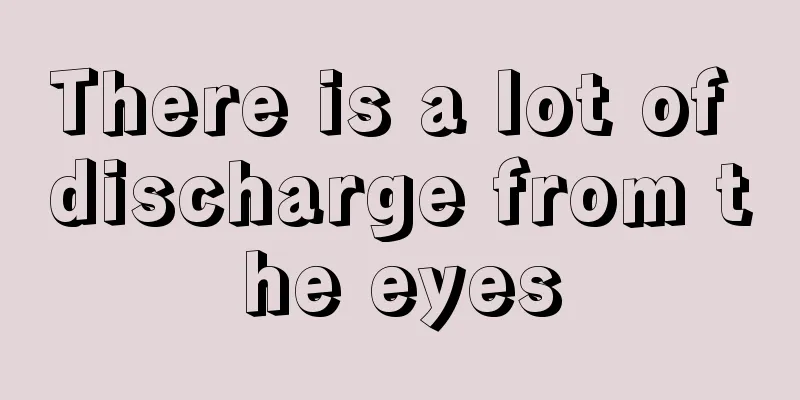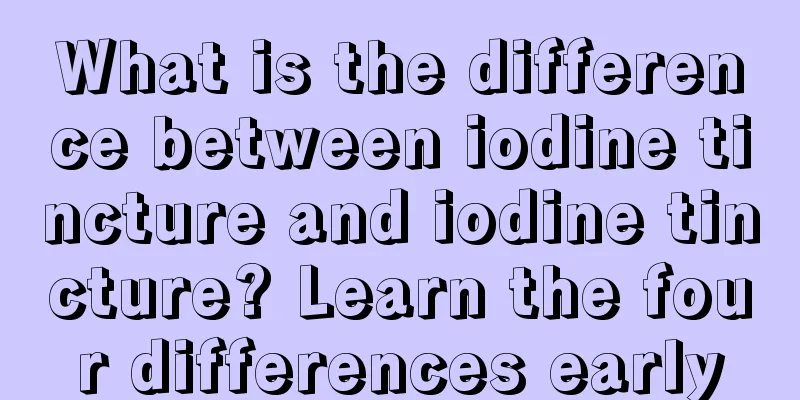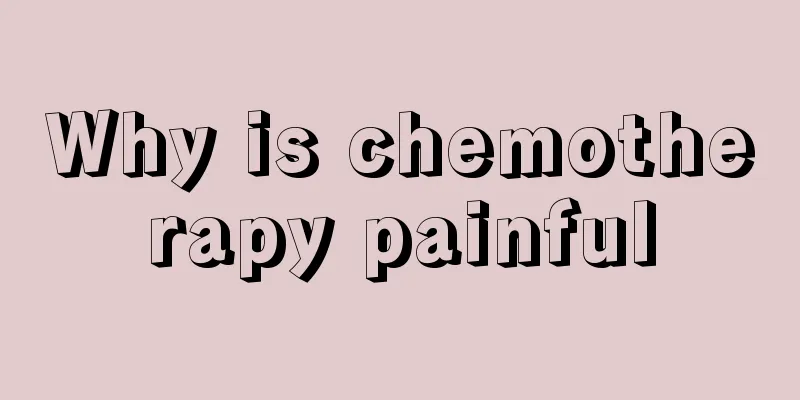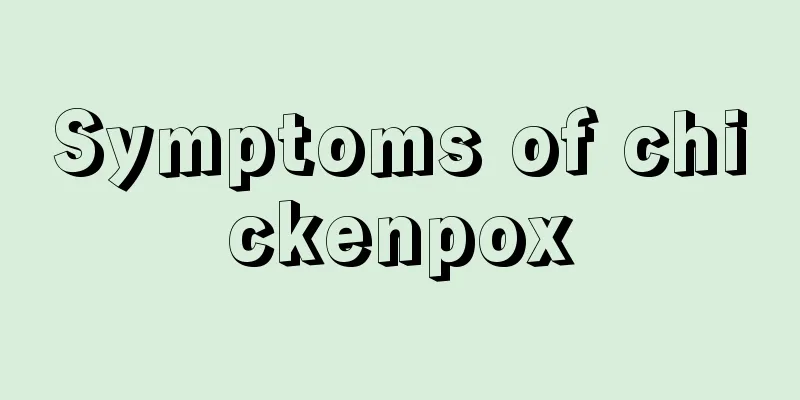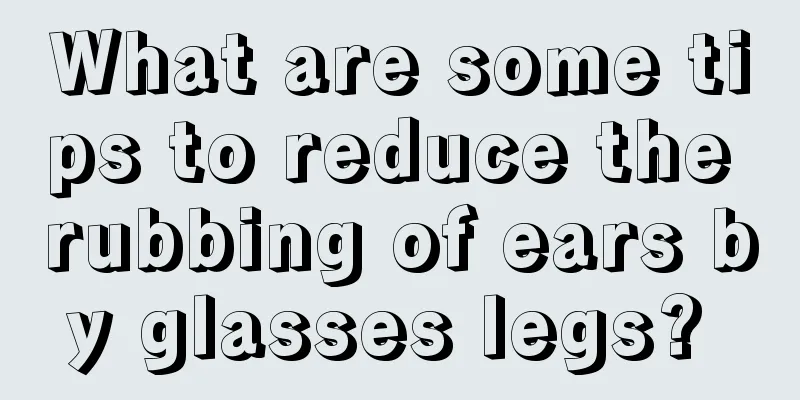Side effects of enhanced CT

|
When you do an X-ray or ultrasound in the hospital, you will often learn about the use of contrast agents. Contrast agents come in handy when traditional radiation methods cannot support medical purposes. After the human body ingests contrast agents, it can emit clearer images that are easier to observe and are also beneficial for studying the disease. However, as a chemical agent, the use of contrast agents has not yet been popularized. So, what are the side effects of enhanced CT? What is a contrast agent? Contrast media (also known as contrast media) are chemicals injected (or taken) into human tissues or organs to enhance imaging observation effects. These products are denser or denser than surrounding tissue, creating contrast that is used to display images using certain devices. Such as iodine preparations and barium sulfate commonly used in X-ray observation. Contrast agents are one of the most commonly used drugs in interventional radiology procedures and are mainly used to display blood vessels and body cavities. There are various types of contrast agents, and most of the contrast agents currently used in interventional radiology are iodine-containing preparations. Since the first successful femoral artery angiography using 50% sodium iodide in the United States in 1924, contrast agent products have been continuously updated, just like the development of interventional radiology. Next, let’s learn about the side effects of CT contrast agents. Are there any side effects of CT contrast agents? CT iodine contrast agents have certain adverse reactions, such as gastrointestinal reactions, vomiting, urticaria, shock and even death. Most hospitals perform iodine contrast agent allergy tests, but as a product that has been used for decades, it is safe for clinical use. The proportion of serious adverse reactions, such as shock, is about one in a thousand, and the death rate due to shock is only one in ten thousand. Professor Li Kuncheng, a famous radiation expert, believes that strictly speaking, the adverse reactions to CT contrast agents are not allergic reactions, but "allergic-like reactions." Because allergic reactions have an "allergen", the allergic-like reaction to CT contrast agents has no allergen, but modern medicine cannot clearly explain the mechanism of its occurrence. Some people are fine when injected with small doses of CT contrast agents, but have adverse reactions when injected with large doses; some people have reactions when injected with small doses of contrast agents, but are fine when injected with large doses. People with different body types react differently, and this is not a true allergic reaction. In addition, patients with renal insufficiency should not undergo enhanced CT examinations. Therefore, if you experience the above side effects after ingesting CT contrast agents, you should report it to your doctor promptly. |
<<: What is the best thing for moistening the lungs?
>>: Side effects of sweet potatoes
Recommend
How to care for laryngeal cancer patients after surgery
Laryngeal cancer patients will experience a serie...
Will liver cancer be cured by surgery? It is better to have surgery at an early stage
Will surgery for liver cancer help? The number of...
How to care after laser treatment of melasma?
Chloasma is currently a very stubborn skin diseas...
How to make cute buns
People who have children at home should know that...
What is the reason for sweating while sleeping?
If any of your friends sweat while sleeping, it m...
How to make fried scallops
Scallops are a food from the sea. One side is fla...
I have a lump on the side of my neck, what is going on?
Many people don’t know why pimples on the neck gr...
Tips for cutting green onions
Chopped green onion is a very good ingredient. Ma...
What are the exercises for asymmetrical nostrils
Women love beauty very much. If they find that th...
What is the imaging diagnosis of gastric cancer
Ultrasound endoscopy is an examination technology...
What is the difference between primer and make-up primer?
Many women don’t understand some of the cosmetics...
What is the difference between an air fryer and an oven
At present, people's living standards are get...
Testicular cancer surgery Chinese medicine hospital
The living standards are constantly improving, bu...
Is it good to use traditional Chinese medicine to treat nasopharyngeal carcinoma after chemotherapy? How should it be treated?
Is it good to use Chinese medicine to treat nasop...
The absolute value of lymphocytes increased
Lymphocytes have great physiological significance...
